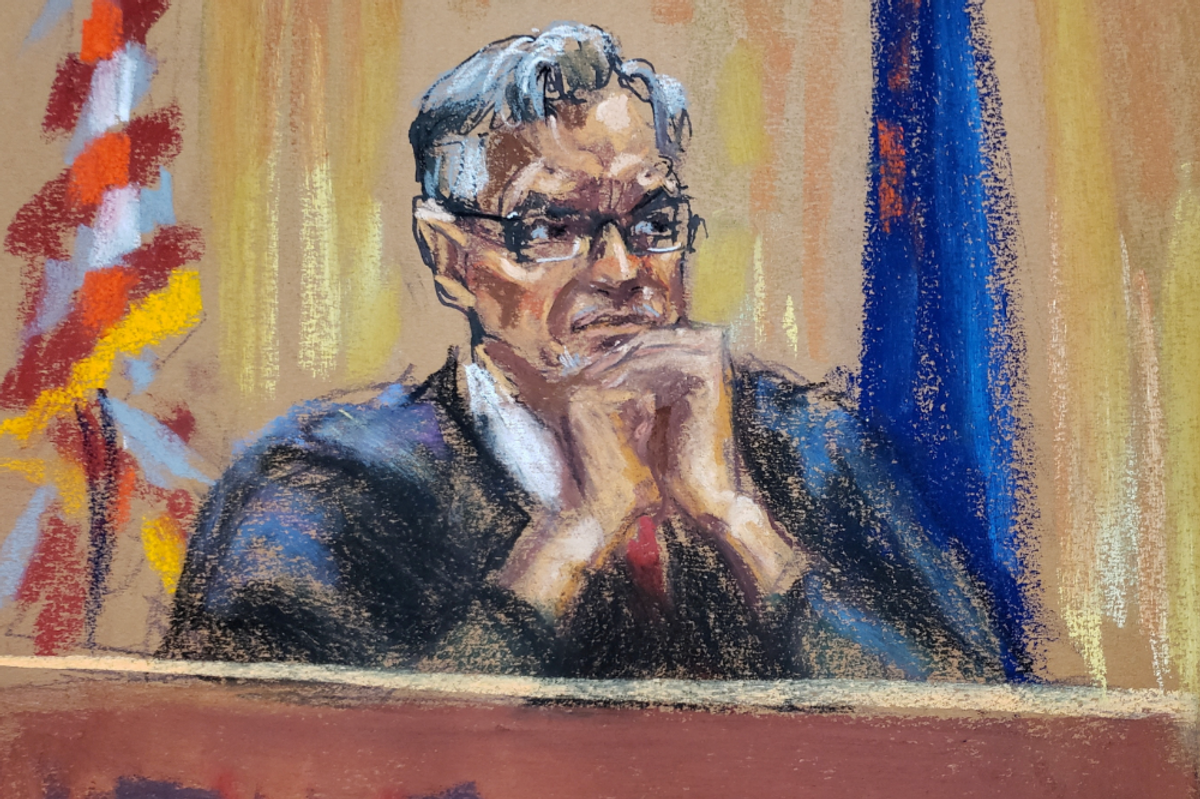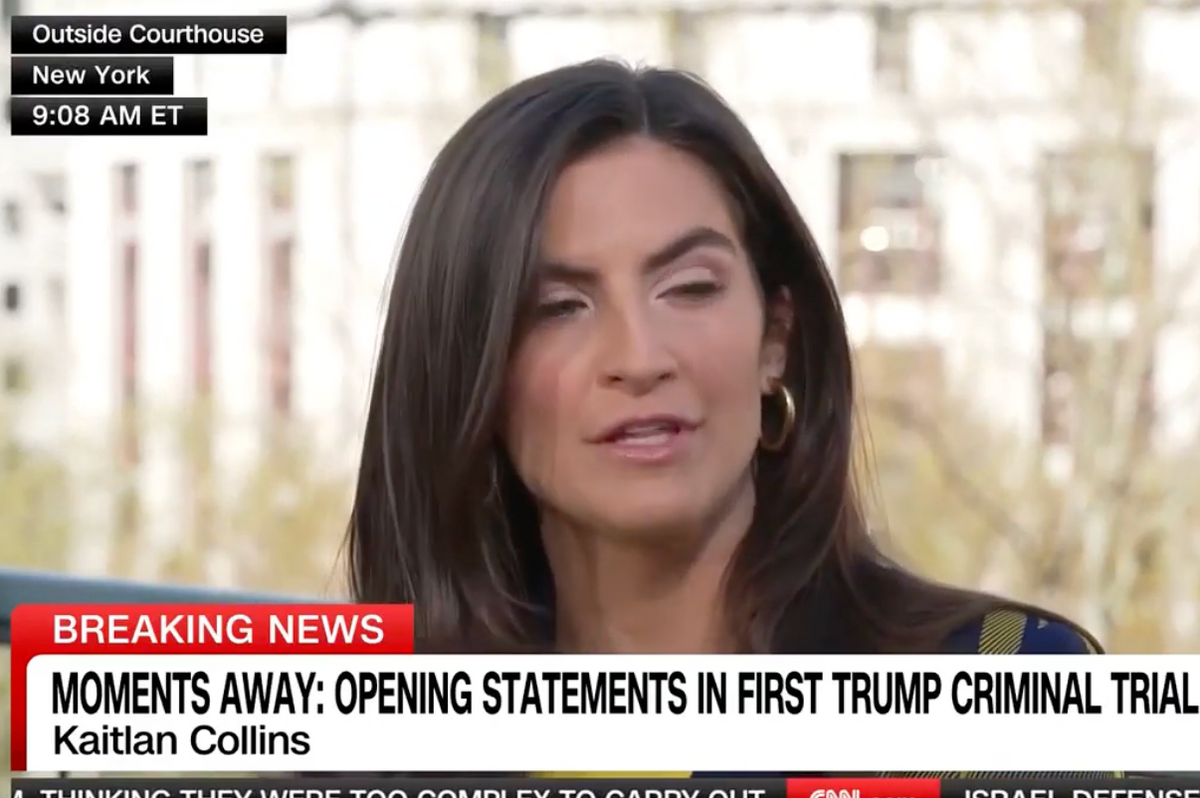Obamacare Not Spurring More Early Retirements Yet Despite Predictions

By Mark Miller
CHICAGO (Reuters) – The Affordable Care Act is doing plenty of good for older Americans, but one thing it is not doing is convincing them to retire early.
One prediction of the impact of the healthcare law, commonly known as Obamacare, was that the ACA would end “job lock” – the phenomenon of workers hanging onto jobs just for the health insurance while waiting to become eligible for Medicare at age 65.
Instead, the ACA’s guaranteed issue of insurance would let them leave the world of full-time work for more flexible self-employment, start businesses or launch encore careers – or just retire.
A 2013 study by the Urban Institute’s Health Policy Center and Georgetown University’s Health Policy Institute, for instance, forecast that health reform would boost the number of self-employed people by 1.5 million.
But new research shows the ACA has not turned the job-lock key – at least not yet. A team of University of Michigan researchers studied Census Bureau employment data for 2014 – the first full year of the law’s implementation – and found no evidence of a higher rate of retirement, or a shift to part-time work, for Americans age 55 to 64.
“We looked for it. In fact we really looked hard for it,” said Helen Levy, a research associate professor at the University of Michigan’s Institute for Social Research. “This just hasn’t been the labor supply Armageddon some were predicting.”
Still, the ACA has had an enormous, positive impact on older Americans.
At the end of the ACA’s first full year, the share of Americans ages 50 to 64 without health insurance had fallen by nearly a third, to just 8 percent, according to research by the Urban Institute and AARP. The uninsured rate was even lower in the 27 states that chose to expand Medicaid eligibility – just 5.5 percent at the end of last year.
It is too early to document improved health, but Levy and other experts think the higher coverage rates will mean healthier seniors in the years ahead.
“For these folks, health insurance really matters,” Levy said. “They’re the ones who tend to get sick, and they have a nest egg to protect. It really is a matter of life and death.”
Levy thinks uncertainty about the ACA may have kept some older workers on the job who otherwise would have exited.
In part, she credits the lengthy, failed battles by Republicans to repeal the law in Congress or upend it in the courts. Another factor, she thinks, was the messy launch of the federal health exchange website, Healthcare.gov, and the ensuing bad publicity.
“If I am an older worker and working primarily for the health insurance, that means I’m a cautious, careful person – perhaps someone with a serious health problem or a spouse with a problem,” says Levy.
She adds that if people were in that situation on January 1, 2014, they would not retire so fast. They would want to make sure this new insurance will be there for all the years needed until they get to Medicare.
With the initial kinks worked out of the system and legal challenges foiled, workers may well head for the exits in the years ahead. “I think it’s too early to know,” says Linda Blumberg, senior fellow at the Urban Institute and a co-author of the 2013 forecast.
Indeed, entrepreneurship in this age group is becoming more commonplace. People age 55-65 accounted for 26 percent of all startups last year, up from 15 percent in 1996, according to the Kauffman Index of Entrepreneurial Activity.
Interest in encore careers rose by 17 percent from 2011 to 2014, according to a national survey conducted by Encore.org.
(The writer is a Reuters columnist. The opinions expressed are his own.)
(Editing by Beth Pinsker and Cynthia Osterman)
Men sail model boats at a pond in Spanish Springs at the world’s largest retirement community The Villages in Central Florida June 17, 2015. REUTERS/Carlo Allegri


